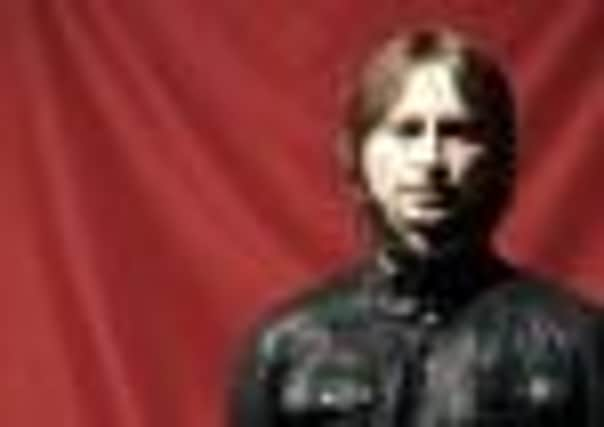Edinburgh International Film Festival: our critic’s first reaction
This article contains affiliate links. We may earn a small commission on items purchased through this article, but that does not affect our editorial judgement.


That can almost certainly be put down to the guiding hand of new artistic director Chris Fujiwara, who sets out his stall in this year’s brochure with a clear-headed statement of intent that puts the emphasis back on the artistic value of cinema as opposed to the gibberish management speak that blighted James Mulligan’s brief tenure in the post.
That’s certainly reflected in the choice of films announced this morning. Though the previously announced opening and closing gala premieres of William Friedkin’s Killer Joe and Pixar’s Brave will respectively provide some edginess and escapism, a first glance at the rest of what’s on offer suggests a provocative mix of movies designed to broaden audience horizons rather than simply serve up big name previews or films that have already had the approbation of other major film festivals.
Advertisement
Hide AdOf course, detractors may view that as a continuing sign of Edinburgh’s diminished status in an overcrowded international festival scene, but at this stage I’d rather view it as being indicative of a strong curatorial vision.


Which isn’t to say there are no big talking point films. James Marsh – whose documentaries Man on Wire and Project Nim have been EIFF highlights in years past – returns with his excellent looking, Clive Owen-starring IRA thriller Shadow Dancer, as does The Blair Witch Project co-director Eduardo Sánchez, who will be premiering his new horror film Lovely Molly.
There’s a return to the big screen for Robert Carlyle too courtesy of California Solo, which finds the Glaswegian actor playing an ex-Britpop star living in exile in LA (Carlyle will be in Edinburgh to discuss his career in an onstage interview).
Elsewhere, though, EIFF seems intent on breaking open less well established talents and identifying emerging trends and filmmaking hotspots. There’s a strand dedicated to the new wave of filmmakers emerging from the Philippines, as well as one collectively dedicated to those from Argentina, Chile and Uruguay.
Perhaps reflective Fujiwara’s previous Tokyo base, Japanese films feature prominently, among them the first complete international retrospective of Shinji Somai, as well as Japanese shockmeister Shimya Tsukamoto’s latest Kotoko, and three films dealing in different ways with the devastation of last year’s tsunami (Fukushima: Memories of a Lost Landscape, Tokyo Drifter and Nuclear Nation).
Fujiwara’s smart decision to reinstate the Michael Powell award seems to have resulted in a stronger line-up of British films too, with big things expected from the aforementioned Shadow Dancer as well as Berberian Sound Studio, the new Italian horror-themed film from acclaimed director Peter Strickland (Katalin Varga).
Advertisement
Hide AdThe Michael Powell Award will be bolstered by an international competition strand and, adding to the diversity, is the usual round of special screenings (including Harmony Korine’s new art project The Fourth Dimension, starring Val Kilmer), genre films (Nordic noir gets a shout-out with the latest Jo Nesbo adaptation Jackpot), and crazy sounding cult movies, the best of which look set to be Peter Chan’s audacious martial arts homage Dragon and horror anthology V/H/S.
As with all festivals, other gems (and disasters) will reveal themselves as the event gets underway, but for the moment, things at least seem back on track. Hopefully that will prove to be the case come 20 June.